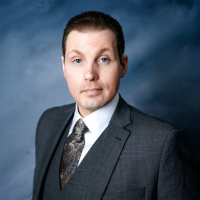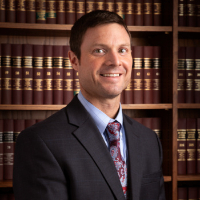Ceresco Criminal Lawyer, Michigan
Sponsored Law Firm
-
 x
x

Click For More Info:
-
Law Office of Mark S. Guralnick
55 Madison Avenue 4th Floor Morristown, NJ 07960» view mapCriminal Defense Law Dedicated. Fearless. Successful.
Mark S. Guralnick and his legal team have helped clients throughout the USA and across the world by applying unparalleled dedication and hard work to each case.
800-399-8371
Matthew Xavier Hauser
✓ VERIFIEDCriminal, Felony, Landlord-Tenant, Child Custody
Ready to work with you to resolve your legal needs. Vandervoort, Christ & Fisher, P.C., is a general practice law firm that is dedicated to servin... (more)
Wesley Johnson Todd
✓ VERIFIEDDUI-DWI, Criminal, Bankruptcy, Divorce & Family Law
Wesley Todd originally joined the firm as an intern in 2008. He has been a shareholder of the firm since 2020. He was born in Kalamazoo, Michigan and ... (more)
Aaron Alexander Bartell
Lawsuit & Dispute, Divorce & Family Law, Criminal, Accident & Injury
Status: In Good Standing Licensed: 13 Years
Amy Lynne Foerster
Family Law, Criminal, Native People, Children's Rights
Status: In Good Standing Licensed: 9 Years
Angela Easterday
Juvenile Law, Lawsuit & Dispute, Domestic Violence & Neglect, Criminal
Status: In Good Standing Licensed: 9 Years
Christopher J. Micklatcher
Tax, Estate, Criminal, Civil & Human Rights
Status: In Good Standing Licensed: 40 Years
Christopher M. Baldwin
DUI-DWI, Criminal, Insurance, Personal Injury
Status: In Good Standing Licensed: 11 Years
Daniel Bruce Schwalm
Lawsuit, Family Law, Criminal, Medical Malpractice
Status: In Good Standing Licensed: 20 Years
 Mark Guralnick Morristown, NJ
Mark Guralnick Morristown, NJ AboutLaw Office of Mark S. Guralnick
AboutLaw Office of Mark S. Guralnick Practice AreasExpertise
Practice AreasExpertise


